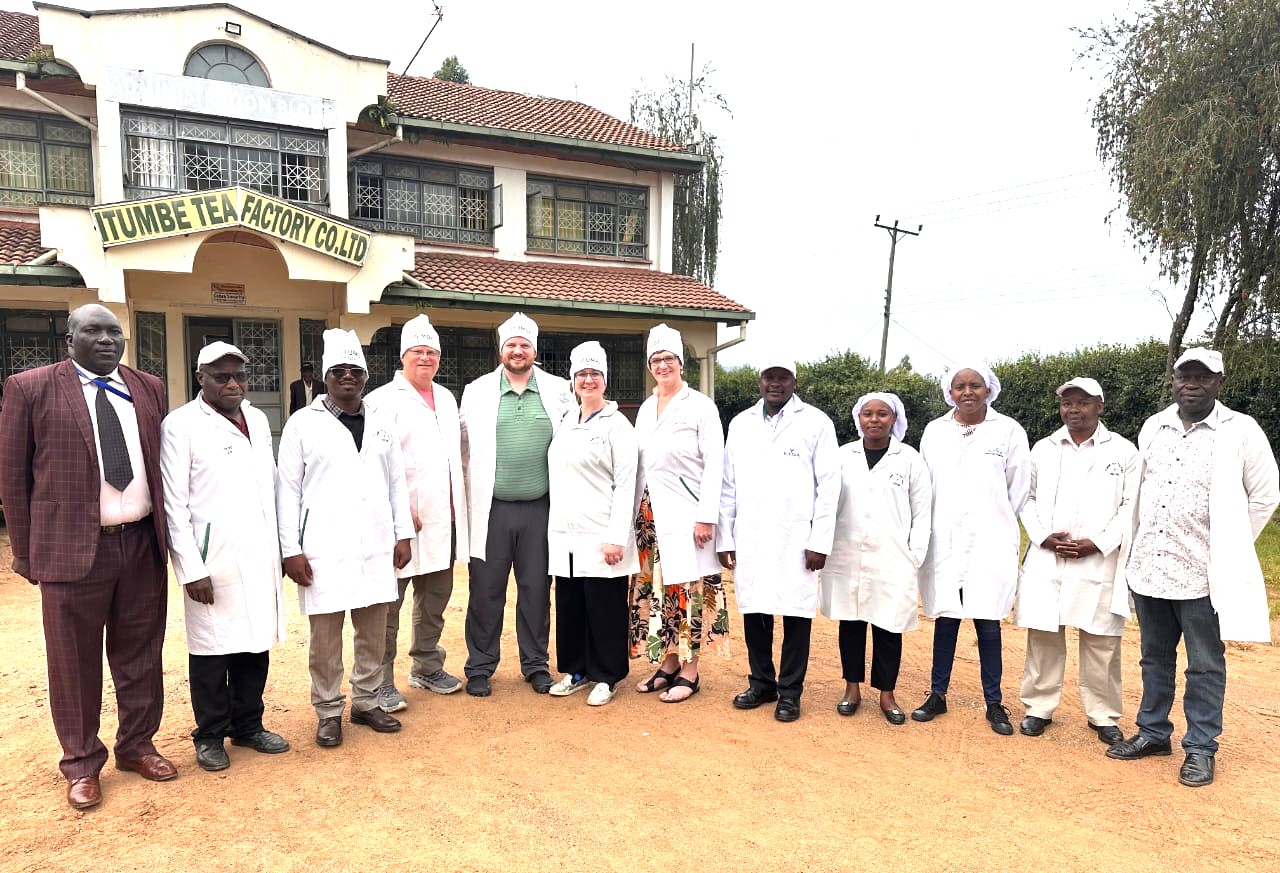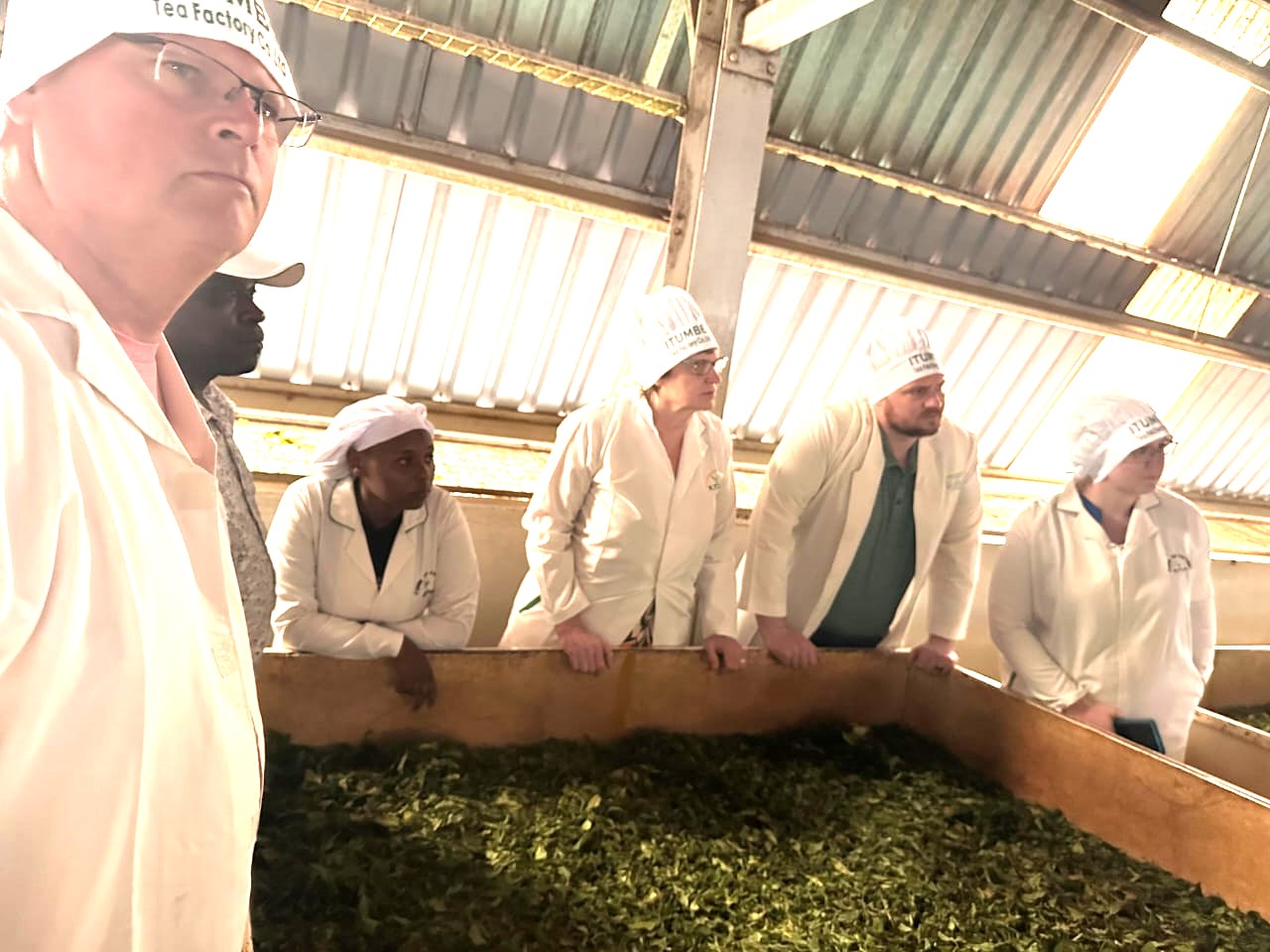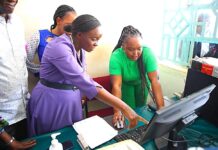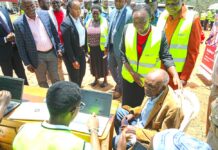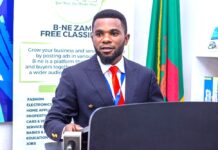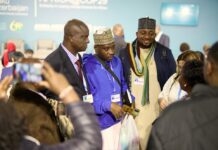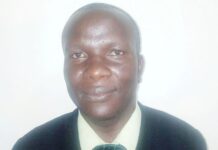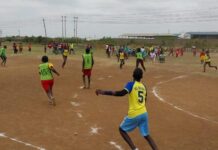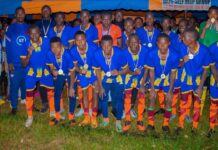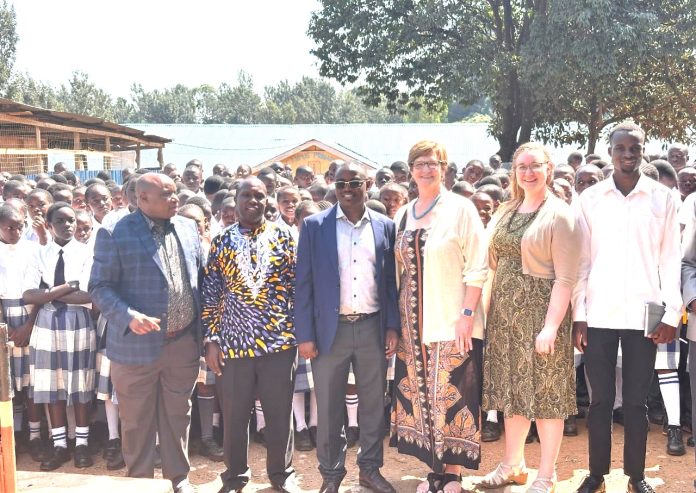
- It was the beginning of a bold step towards reshaping how Kenya prepares its teachers and future professionals in science, technology, engineering, and mathematics (STEM).
- By situating learning within local industries and community needs, the fellowship echoed a vital truth: education is most powerful when it speaks to the realities of society.
- The Kisii–Minnesota partnership under CADFP has shown what is possible. It has demonstrated that the journey to transform Kenya’s classrooms begins with transforming how we train our teachers.
When Kisii University welcomed Prof. David Kimori of Minnesota State University–Mankato this past June, it was more than just a courtesy exchange between institutions. It was the beginning of a bold step towards reshaping how Kenya prepares its teachers and future professionals in science, technology, engineering, and mathematics (STEM).
Through the Carnegie African Diaspora Fellowship Program (CADFP), Kisii University, in partnership with Minnesota State University–Mankato, implemented a collaborative project titled “Curriculum Development for Competency-Based STEM Education.” The fellowship, hosted by Dr. George Ngwacho Areba, a Senior Lecturer in Education Management and Leadership at Kisii University, ran from June 18 to August 10, 2025.
At its heart was one urgent question: How can Kenya’s higher education system align with the Competency-Based Curriculum (CBC) sweeping through the country’s schools?
Building Capacity, Inspiring Change
Prof. Kimori, an Associate Professor of STEM Education, was joined by his U.S.-based colleagues: Dr. Patricia Arnold, Mrs. Alexandra Haserodt, Mr. Luke Arnold, and Mr. Thomas Arnold, whose expertise energized a series of workshops, outreach programs, and collaborative engagements.
The fellowship achieved several milestone outcomes:
- CBE Induction Workshops: 52 STEM finalist student teachers and Kisii University faculty received hands-on training on Competency-Based Education (CBE).
- Teacher Retooling: Junior school teachers in Mosocho Division participated in retraining workshops to align classroom practice with CBC requirements.
- Curriculum Realignment: The course EDCI 321: General Methods and Principles of Teaching was transformed into EDCI 321: General Methods and Principles of Competence-Based Teaching and Learning.
- CBE Professional Tools: Development of lesson plan templates, schemes of work, and records of work tailored for competence-based instruction.
- Community Outreach: Engagements with institutions like Itumbe Tea Factory, Nyamira Public Works, Tabaka Soapstone, and Mwongori High School bridged the gap between academia, industry, and the community.
Each of these initiatives carried a singular mission; to prepare teachers who not only deliver content but also cultivate skills, creativity, and adaptability among learners.
Beyond Classrooms: Linking Education to Society
One of the unique aspects of this fellowship was its community integration. From soapstone workshops in Tabaka to the tea plantations of Itumbe, the project connected STEM education with real-world applications. By situating learning within local industries and community needs, the fellowship echoed a vital truth: education is most powerful when it speaks to the realities of society.
It wasn’t just about lesson plans; it was about relevance. And in a country where thousands of graduates face unemployment due to skill mismatches, relevance is everything.
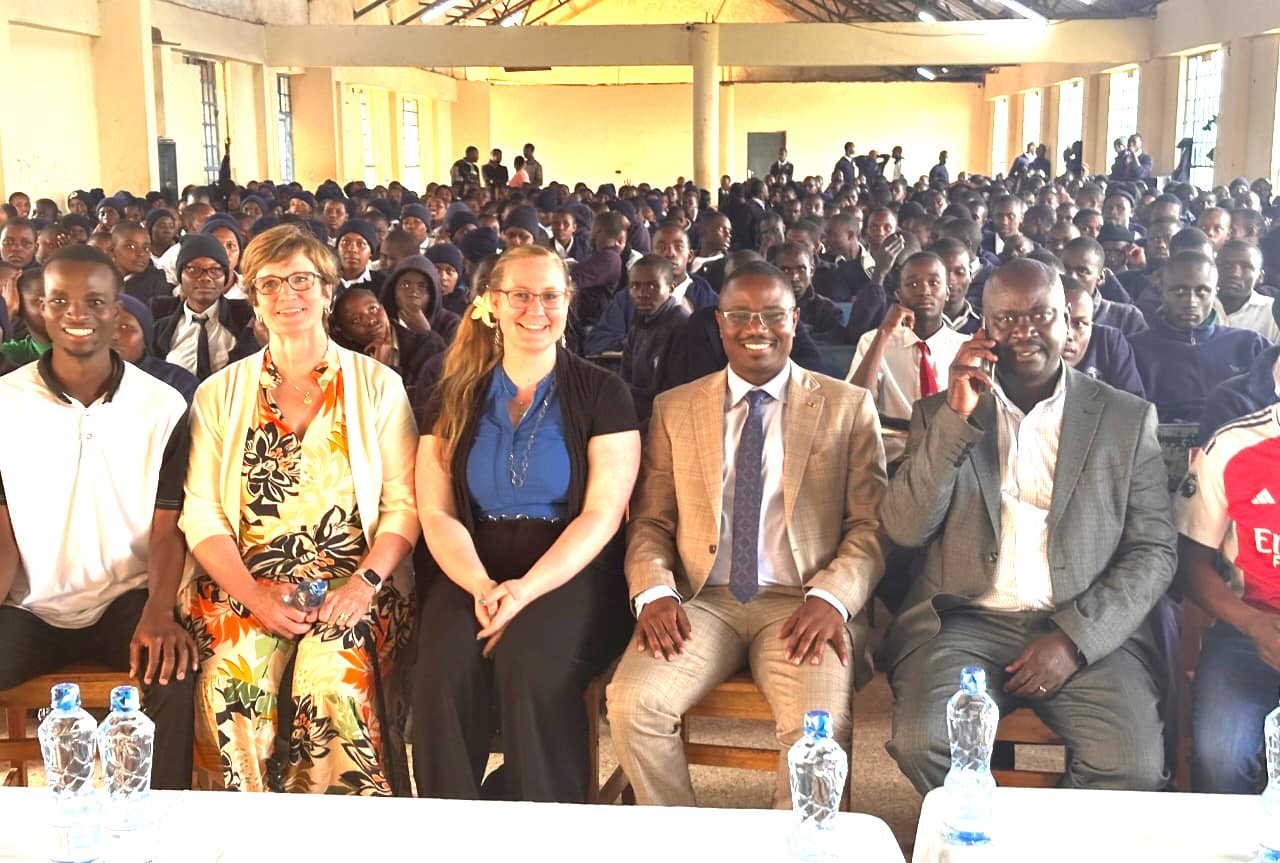
Global Partnerships, Local Impact
The Carnegie African Diaspora Fellowship Program, funded by the Carnegie Corporation of New York and managed by the Institute of International Education (IIE) in collaboration with the Association of African Universities (AAU), has supported nearly 750 similar fellowships since 2013. Each partnership pairs African-born scholars in the diaspora with universities across Africa, promoting curriculum co-development, collaborative research, and graduate mentoring.
For Kisii University, this partnership couldn’t have come at a better time. Kenya’s transition to CBC has faced challenges, ranging from inadequate teacher preparation to limited resources. By equipping educators with modern tools and pedagogy, this fellowship strengthens Kisii University’s role as a leader in teacher training and educational innovation.
Voices of Gratitude
The success of the fellowship was also a story of teamwork. The project team extended appreciation to Prof. Nathan Ogechi (Vice Chancellor, Kisii University), senior administrators, and faculty members who offered institutional support. Special acknowledgment went to Dr. George Ngwacho Areba, whose leadership and vision anchored the collaboration.
From special dinners to public lectures, from induction workshops to industry tours, the fellowship left a trail of new knowledge, strengthened networks, and inspired possibilities.
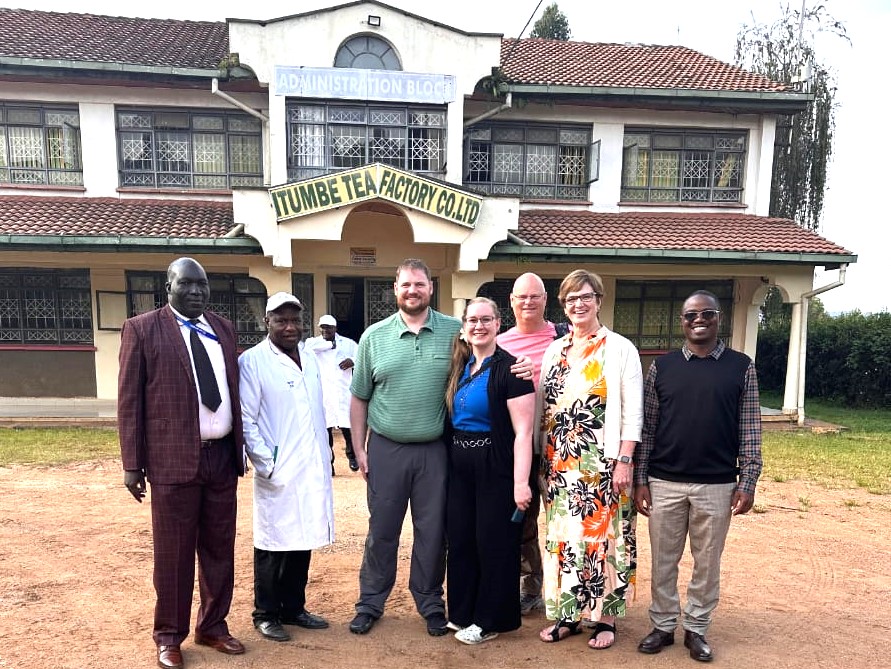
A Blueprint for the Future
Kenya stands at the intersection of education reform and technological transformation. If the CBC is to succeed, it requires more than policy statements; it demands well-prepared teachers, industry linkages, and global collaboration.
The Kisii–Minnesota partnership under CADFP has shown what is possible. It has demonstrated that the journey to transform Kenya’s classrooms begins with transforming how we train our teachers. It has also proved that African universities, when connected with the diaspora, can generate solutions that are both local and global.
As Kenya continues to wrestle with the challenges of educational reform, this fellowship lights a path forward: invest in competence, nurture partnerships, and prepare learners not just for exams, but for life.
RELATED: Ties strengthen as Minnesota University team visits Kisii University, environs
